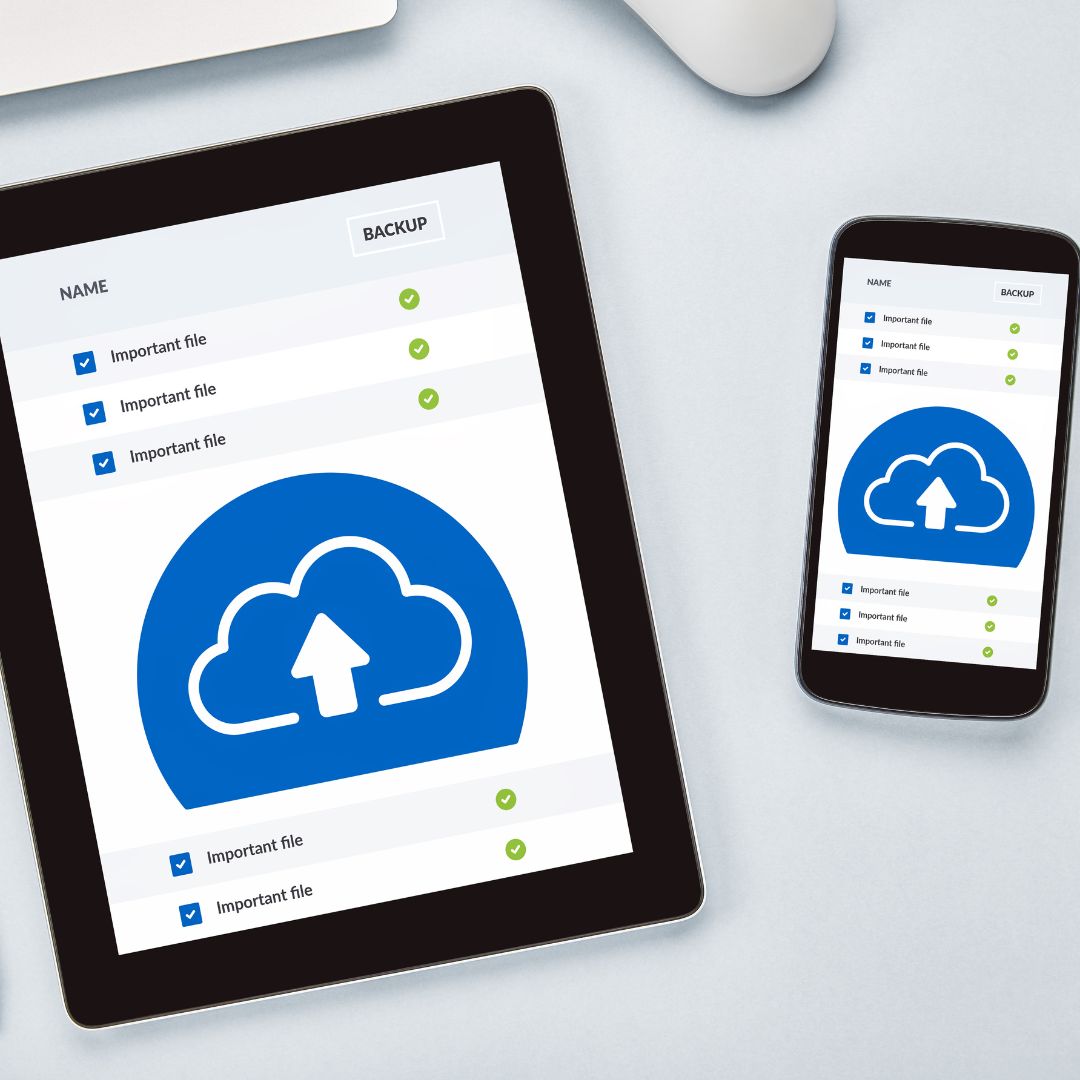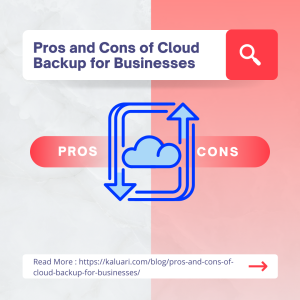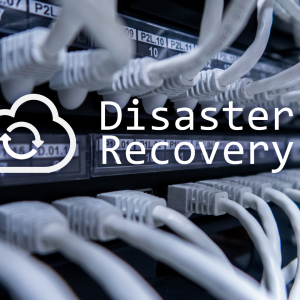Ensuring the security and availability of your business’s critical data is non-negotiable. Cloud backup solutions have emerged as a game-changer for organizations looking to safeguard their digital assets, providing unparalleled advantages over traditional data protection methods. Here are eight reasons cloud backup is revolutionizing how businesses protect their data.
Related: The Golden 3-2-1 Backup Rule – A Resilient Backup Strategy
1. Automated Cloud Backup Processes
Cloud backup solutions automate data backup, eliminating the need for manual interventions. Whether daily, weekly, or in real-time, this consistently saves your data without human error, ensuring your business stays protected even if you forget to back it up manually.
2. Data Accessibility from Anywhere
One of the most significant advantages of cloud backup is the ability to access your data anytime, anywhere. Whether in the office, working remotely, or traveling, cloud-based solutions provide 24/7 accessibility as long as an internet connection. This level of flexibility enhances business continuity, especially during unforeseen disruptions.
3. Scalability
As businesses grow, so does the volume of their data. Cloud backup services offer unlimited storage, allowing companies to scale up or down based on their current needs. Instead of worrying about physical hardware limitations, businesses can easily adjust their cloud storage requirements without additional infrastructure investments.
4. Cost-Effective
Cloud backup reduces the need for expensive on-premise storage hardware, ongoing maintenance, and operational costs. Most cloud providers offer pay-as-you-go pricing models, which means you only pay for the storage and services you use. This flexibility makes this an affordable solution for businesses of all sizes.
5. Enhanced Security Measures
Reputable cloud backup providers prioritize security, offering advanced encryption both during data transmission and while it is stored. This means that your data is protected from unauthorized access, even in the event of a breach. Many providers also offer multi-factor authentication (MFA) and stringent security protocols to safeguard sensitive information further.
6. Disaster Recovery Capabilities
Cloud backup is an essential component of any disaster recovery plan. In natural disasters, cyberattacks, or hardware failures, businesses can quickly restore their data and resume operations. Since cloud backups are stored offsite, they are unaffected by local disruptions, ensuring faster recovery times and reducing downtime.
7. Compliance with Data Regulations
Compliance is critical for businesses in regulated healthcare, finance, or legal industries. Many cloud backup providers offer features that help companies meet regulatory requirements, such as HIPAA or GDPR, by ensuring that data is encrypted, stored in specific regions, and readily retrievable for audits.
8. Redundancy and Data Replication
Cloud backup solutions typically include redundancy, which means your data is stored across multiple geographic locations. In the case of an outage or failure at one site, your data remains safe and accessible from another. This level of redundancy ensures excellent data durability and availability, offering peace of mind that your information is always protected.
Read Also: Best Practices for Data Recovery with Automated Backups
Conclusion
The best cloud backup solutions are revolutionizing the way businesses approach data protection. From cost savings and scalability to enhanced security and disaster recovery, cloud-based backups provide a more efficient, reliable, and flexible way to safeguard your data. In a world where data breaches and disasters are becoming more common, embracing this can help ensure your business remains resilient and prepared for the unexpected. By integrating this into your data protection strategy, you’re not just investing in storage—you’re investing in your business’s future security and growth.




